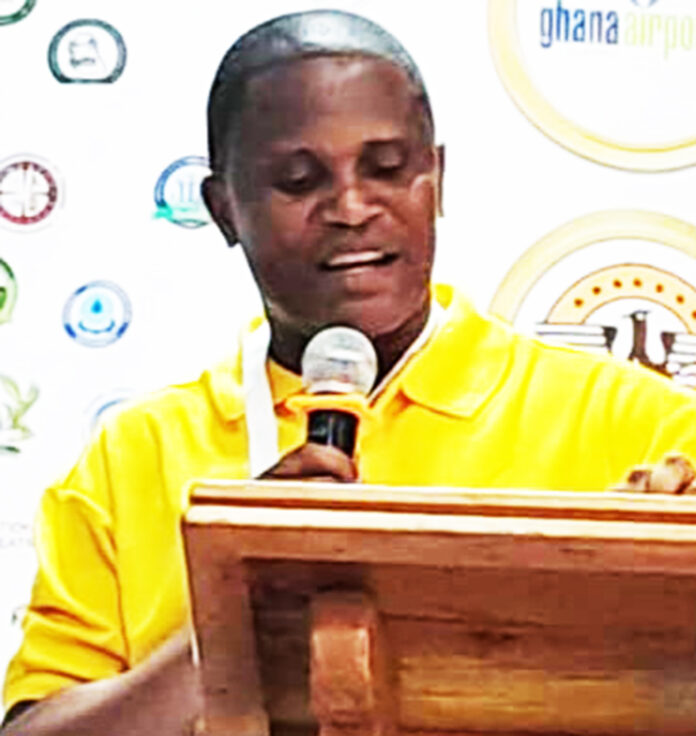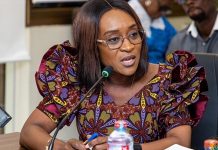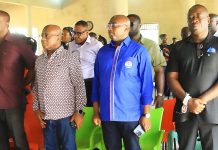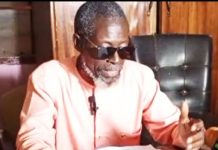Public Sector workers in the country have called on the government to invest in capacity building for workers, mobilize resources and provide welfare to ensure that public institutions efficiently deliver on their mandate.
They maintained that one thing that has always remained constant in Ghana’s chequered road to economic development since independence “is the presence of the public sector, which has proven itself not only as the engine of growth, but as the workshop from which all developmental efforts of governments are backstopped’.
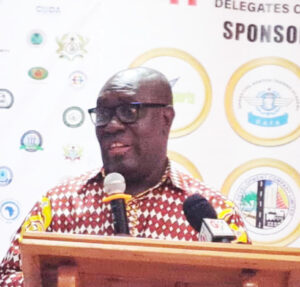
Addressing the 11th Quadrennial Delegates Conference of the Public Services Workers’ Union (PSWU) of Trades Union Congress (TUC) at the Public Services Union Centre last Thursday in Kumasi, the General Secretary of the PSWU, Brother Benard Adjei reiterated that the strategic position of the public sector and its institutions make it imperative that any attempt at accelerated economic growth of the country will have to start from the public sector.
Brother Adjei lamented that some public institutions only exist on paper and have had to contend with inconsistent, poorly coordinated and sometimes divergent mandates and government policies as well as being used sometimes as tools to serve political interests, or as avenues for corrupt enrichment.
“It is not enough to merely create the institutions and have staff whose salaries are paid as is currently the situation in some organizations,” he said and emphasized that most of public sector institutions for years have seen little or no investment in the provision of essential resources to perform their duties.
The PSWU General Secretary also explained that workers in such institutions have to continuously grapple with poor working conditions including low wages, politicization, threats of privatisation and a general lack of care for the welfare and working conditions of workers.

The Union, he said, will continue to call for provisions of adequate manpower through employment of the required competent staff into the public sector to enable it function adequately. He added that he abhorred the “process of recruitment, which has become so political that some candidates who may or may not have the requisite qualifications, competence and skills are pushed into the system”.
Brother Adjei on behalf of the PSWU called for the depoliticisation of the public sector through the implementation of a merit-based appointment system and a granting of autonomy to the professional and technical decision making of the public sector while the relevant supervisory bodies offer their policy direction.
Dr Anthony Yaw Baah, the Secretary General of TUC in an address emphasised that no country has ever developed without a robust public service and explained that a lot more needed to be done in order that “we do not lose the modest gains already chalked”.
He said, this is why the TUC needed to build and strengthen the public sector institutions, but to him, it is rather unfortunate that all the powers of state have been given to one person, under the 1992 Constitution and “what they want is what they do” with the public service.
Dr Baah said it is the President who appoints the Boards of public institutions, the CEOs and the directors, and queried how one expected such institutions to perform when the president appoints over 6,000 heads of public sector institutions who are not answerable to the state, but to the president.
He said the way forward is to change 1992 Constitution and, therefore, the need to come together as TUC and organised labour to demand the change of the constitution stressing that “until we do that, we cannot have strong institutions that would ensure our development”.
The National Chairperson of PSWU, Brother Ken Tweneboa Koduah, outlined the targets leadership of the Union has set to itself, which include membership growth, education and training, enhancing gender and youth mainstreaming, developing strategic management system, delivery of timely and quality service and promoting ICT in the service delivery.
There were solidarity messages from the General Secretaries and representatives of affiliates of the TUC fraternity, the President of the Zimbabwe Congress of Trade Unions, Comrade Florence Mucha Taruvinga and also Comrade Benjamin Anthony, President of the Amalgamated Union of Public Corporations, Civil Service, Technical and Recreational Services Employees (AUPCTRE) from Nigeria.
From Thomas Agbenyegah Adzey, Kumasi

